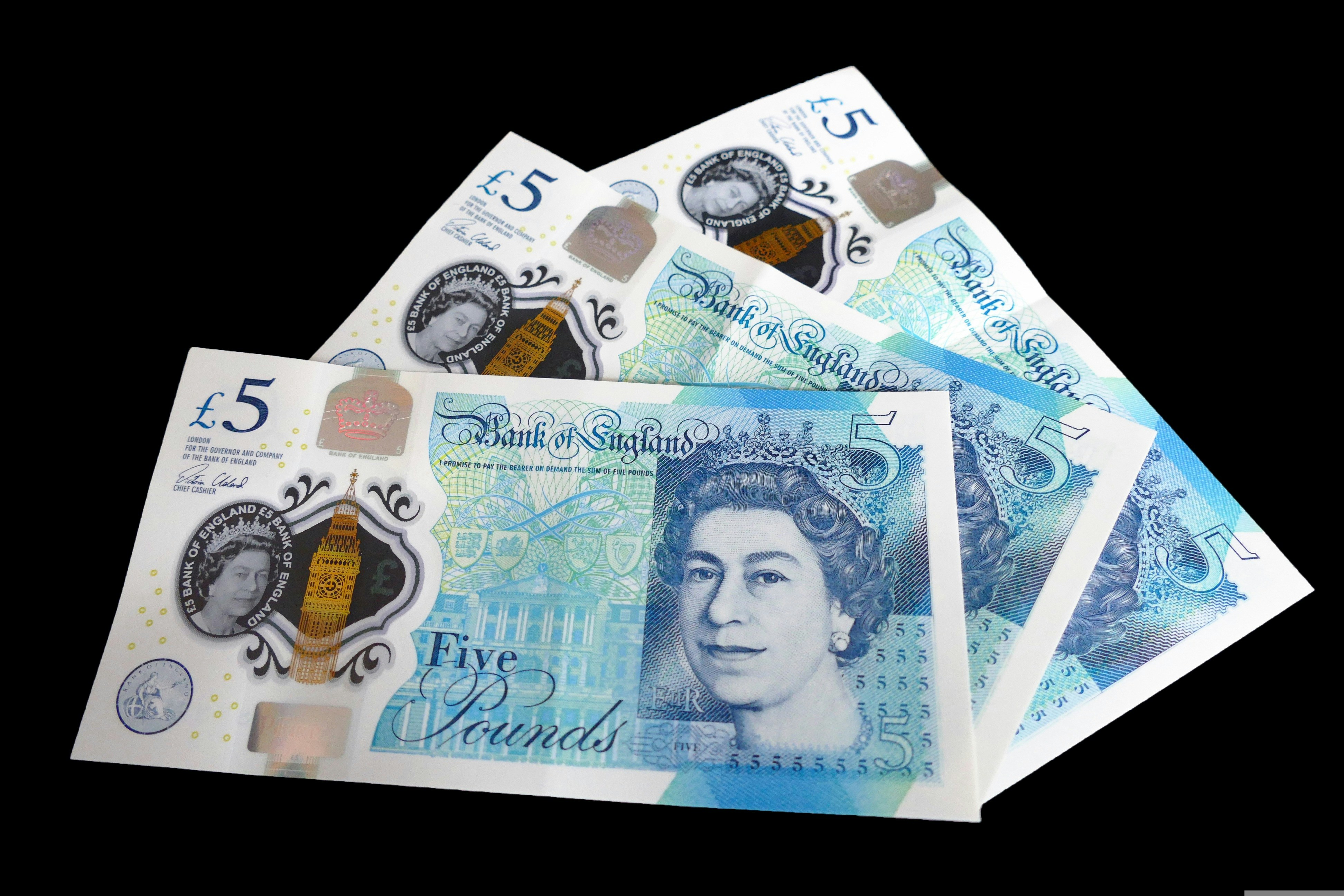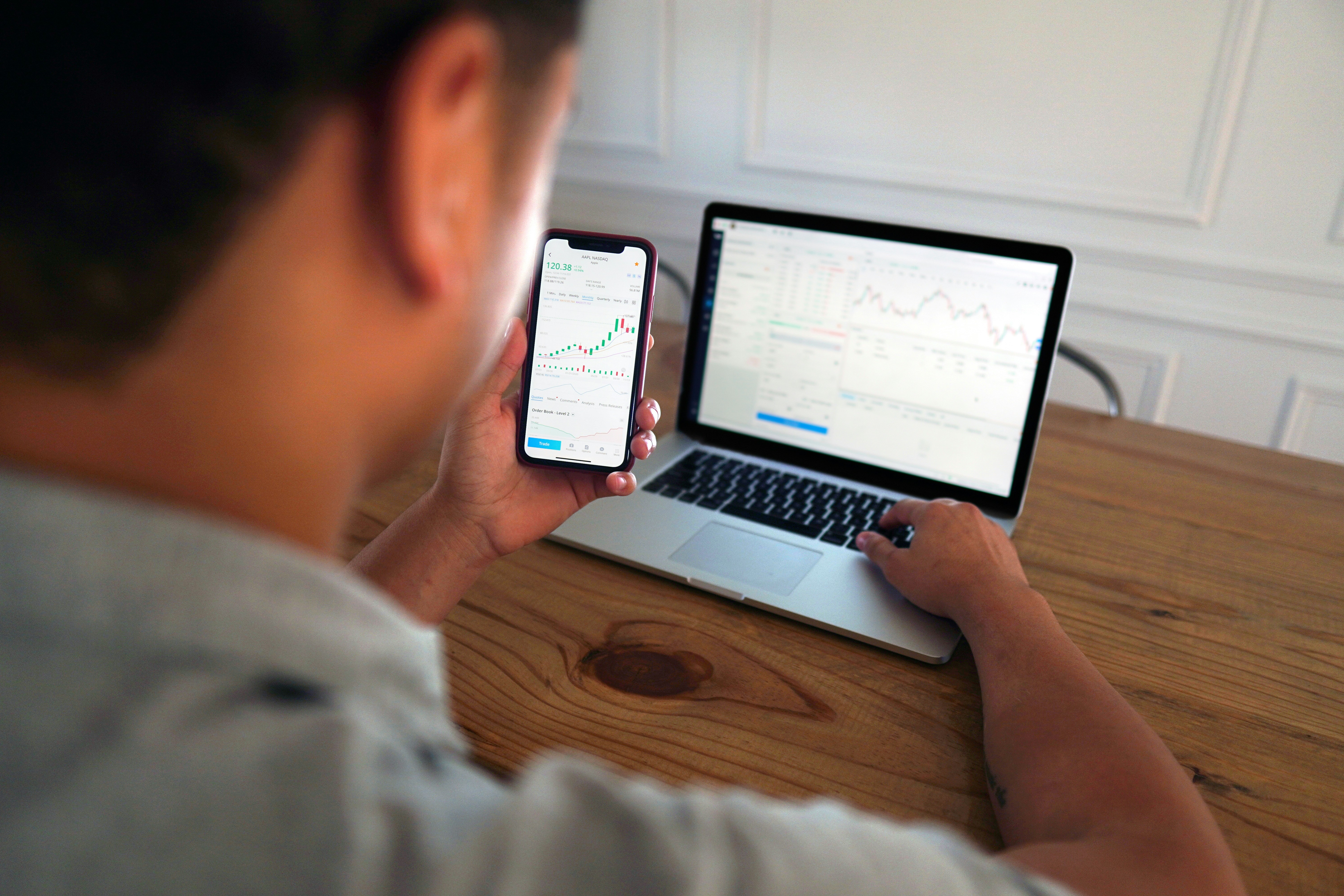
Forex-Handelsroboter: Ein vollständiger Leitfaden für automatisierte Handelssysteme
Forex-Handelsroboter: Kompletter Leitfaden zum automatisierten Handel Ob man sich auf menschliches Fachwissen verlässt oder einen Forex-Handel...
02.02.2026 04:29
Zeitrahmen – Was bedeutet er für Trader?
Zeitrahmen Inhaltsverzeichnis: Was ist der Zeitrahmen? Welche Zeitrahmen sollten Sie verfolgen? Handelsbeispiel Fazit Häufig gestellte Frag...
24.12.2025 04:15
Fibonacci-Retracement-Levels für den Handel
Was sind Fibonacci-Retracement-Niveaus? Inhaltsverzeichnis: Was sind Fibonacci-Retracement-Levels? Fibonacci-Folge und -Verhältnisse in einfac...
22.12.2025 04:20
DKK zu PLN: Dänische Krone zu Zloty Prognose und Vorhersagen für 2025 und darüber hinaus
DKK zu PLN Prognose: Dänische Krone zu Zloty Wechselkursvorhersage Die Wechselkursprognose für die dänische Krone hat in letzter Zeit an Inter...
11.09.2025 03:36
Goldpreisprognosen 2026 - Vorhersage für 5, 10 und 20 Jahre
Goldpreis-Prognose Der Goldpreis wird von verschiedenen wirtschaftlichen und geopolitischen Faktoren wie Inflation, Zentralbankpolitik und Mar...
26.03.2025 16:38
Was ist Trading und wie funktioniert es? Leitfaden für Anfänger
Was ist Trading und wie funktioniert es? Leitfaden für Einsteiger Die Welt der Finanzinstrumente hat sich zu einer faszinierenden Welt entwick...
16.01.2025 01:35
Fast Moving Consumer Goods (FMCG)-Industrie: Was sie ist, Arten und Rentabilität
Schnelldrehende Konsumgüter (FMCG) Industrie Die Industrie der schnelldrehenden Konsumgüter ist ein wichtiger Bestandteil der Weltwirtschaft m...
11.12.2024 04:36

Was ist eine PEST-Analyse? Vorteile und Anwendungsfälle
Was ist eine PEST-Analyse? Die PEST-Analyse ist ein strategisches Instrument, das hilft, die externen Faktoren zu verstehen, die die finanziel...
10.12.2024 05:03
Wie man einen Forex-Roboter in MT4 und MT5 erstellt
Wie man einen Forex-Roboter in MT4 und MT5 erstellt Inhaltsübersicht EINFÜHRUNG WICHTIGSTE ERKENNTNISSE VERSTÄNDNIS VON FOREX-ROBOTERN UND EX...
29.10.2024 18:33

GBP (Britisches Pfund) Prognosen und Vorhersagen für 2025 und darüber hinaus
GBP-Prognose für 2025 und darüber hinaus Das Verständnis der Rolle des britischen Pfunds ist entscheidend, wenn wir uns mit der GBP-Pro...
22.10.2024 06:20
Volumengewichteter Durchschnittspreis (VWAP) – Bedeutung und Berechnung
VWAP Das Inhaltsverzeichnis: DIE WICHTIGSTEN ERKENNTNISSE WAS IST VWAP? DIE BEDEUTUNG DES VOLUMENGEWICHTETEN DURCHSCHNITTSPREISES WIE BERECH...
26.08.2024 17:36
Balkendiagramm: Was es ist, technische Analyse, Beispiele und Typen
Balkendiagramm: Definition, technische Analyse, Beispiele und Typen Wenn Sie sich für den Handel interessieren, haben Sie bestimmt schon von...
23.08.2024 17:28

Harmonische Muster für Anfänger erklärt
Harmonische Muster Inhaltsverzeichnis: WICHTIGSTE ERKENNTNISSE WAS SIND HARMONISCHE MUSTER? PROBLEME MIT HARMONISCHEN MUSTERN ARTEN VON HARM...
22.08.2024 12:10
Operativer Leverage - Definition, Formel und Beispiele
Operativer Hebel Das Inhaltsverzeichnis: DIE WICHTIGSTEN ERKENNTNISSE WAS IST OPERATIVER HEBEL? FORMEL FÜR DEN OPERATIVEN HEBEL BEISPIEL FÜR...
21.08.2024 11:01
Exponentialer gleitender Durchschnitt (EMA) als Indikator im Aktienhandel
Exponentieller gleitender Durchschnitt (EMA) Indikator im Aktienhandel Inhaltsverzeichnis WICHTIGE ERKENNTNISSE WAS IST DER EXPONENTIELLE GLEI...
21.08.2024 08:22
Candlestick-Muster – Was ist das und wie liest man sie?
Kerzenmuster Inhaltsverzeichnis: Was ist ein Kerzenmuster? Wie man ein Kerzenmuster liest Sechs bullische Kerzenmuster Sechs bärische Kerzen...
19.08.2024 22:59
Derivate – Definitionen, Arten, Vor- und Nachteile
Derivate – Was ist das? In letzter Zeit interessieren sich Trader zunehmend für das Konzept der Derivate. Diese Finanzinstrumente gelten als k...
24.07.2024 15:12
Flaggenmuster – Was es ist und wie es funktioniert
Flaggenmuster Inhaltsverzeichnis: Was ist eine Flagge? Wie ein Flaggenmuster funktioniert Verschiedene Arten von Flaggen, auf die Sie achten ...
17.07.2024 15:38
)
Was ist Forex? Ein Leitfaden für Einsteiger
Was ist Forex? Ein Leitfaden für Einsteiger Der Devisenmarkt, allgemein als Forex bekannt, bildet die Grundlage für den globalen Handel und In...
09.06.2024 14:37
Elliott-Wellen-Theorie – Was sie ist und wie sie funktioniert
Elliott-Wellen-Theorie Inhaltsübersicht WAS IST DIE ELLIOTT-WELLEN-THEORIE? WICHTIGSTE ERKENNTNISSE WAS IST DAS ELLIOTT-WELLEN-PRINZIP? WAS ...
04.06.2024 16:23
Erdgasprognosen und -preisvorhersagen für 2025, 2030 und darüber hinaus
Erdgasprognosen und Preisvorhersagen für 2025, 2030 und darüber hinaus Inhaltsverzeichnis Wichtige Erkenntnisse Erdgaspreisprognose und Preisv...
09.04.2024 00:21